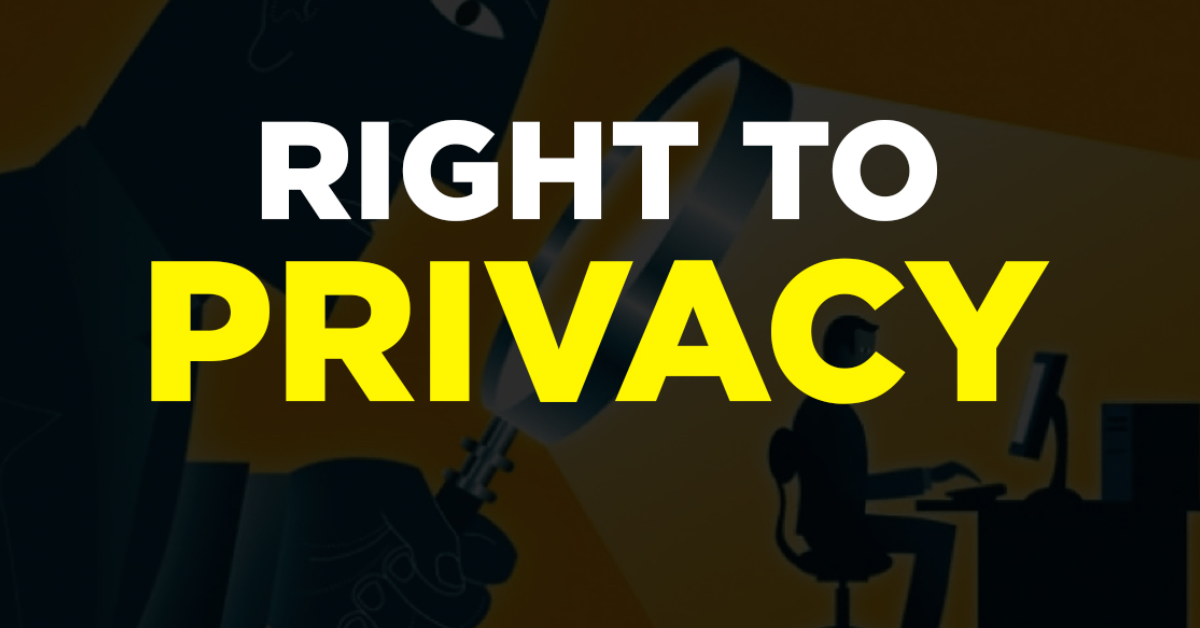The right to privacy in India has undergone significant legal and constitutional evolution over the years. With landmark Supreme Court judgments shaping the discourse, privacy is now recognized as a fundamental right under the Indian Constitution. This article explores key Supreme Court rulings that have defined the right to privacy in India and their broader implications.
Understanding the Right to Privacy
The right to privacy refers to an individual’s right to be free from unwarranted intrusions by the state or private entities. It encompasses personal autonomy, data protection, confidentiality, and freedom from surveillance.
Landmark Supreme Court Judgments on the Right to Privacy
1. Kharak Singh v. State of Uttar Pradesh (1962)
This was one of the earliest cases where the Supreme Court addressed privacy. The petitioner challenged police surveillance on grounds of personal liberty under Article 21. While the court held that unauthorized home intrusions violated personal liberty, it did not explicitly recognize privacy as a fundamental right.
2. Govind v. State of Madhya Pradesh (1975)
The Supreme Court acknowledged privacy as an essential ingredient of personal liberty under Article 21 but stated that it is not absolute. Reasonable restrictions can be imposed if justified in public interest.
3. R. Rajagopal v. State of Tamil Nadu (1994)
Popularly known as the “Auto Shankar case,” this judgment reinforced the right to privacy concerning unauthorized publication of personal information. The court ruled that the state or private entities cannot publish details of a person’s life without their consent unless the matter is of public record.
4. People’s Union for Civil Liberties (PUCL) v. Union of India (1997)
This case addressed the issue of telephone tapping by the government. The Supreme Court ruled that unauthorized telephone interception violates the right to privacy under Article 21 and emphasized the need for legal safeguards against arbitrary surveillance.
5. Justice K.S. Puttaswamy (Retd.) v. Union of India (2017)
This is the most significant judgment in India’s privacy jurisprudence. A nine-judge bench of the Supreme Court unanimously ruled that the right to privacy is a fundamental right under Articles 14, 19, and 21 of the Constitution. This judgment paved the way for strengthening data protection laws and impacted policies like Aadhaar authentication.
Implications of the Right to Privacy in India
- Impact on Aadhaar: Following the Puttaswamy judgment, the Supreme Court ruled that Aadhaar authentication is constitutional but cannot be mandated for private services like mobile connections and bank accounts.
- Data Protection and Digital Privacy: The ruling led to the introduction of the Personal Data Protection Bill, aiming to regulate data collection, storage, and processing.
- Surveillance and Government Policies: The judgment set limitations on government surveillance, advocating for checks and balances to prevent misuse.
- Freedom of Expression and Press: The right to privacy has influenced media ethics, ensuring protection against defamatory publications without consent.
Conclusion
The right to privacy in India has evolved from a debated concept to a recognized fundamental right. Supreme Court judgments have played a crucial role in defining its scope and applicability, ensuring that individuals have legal protection against privacy infringements. As digitalization and surveillance increase, the legal framework around privacy continues to develop, safeguarding individual autonomy and dignity.

